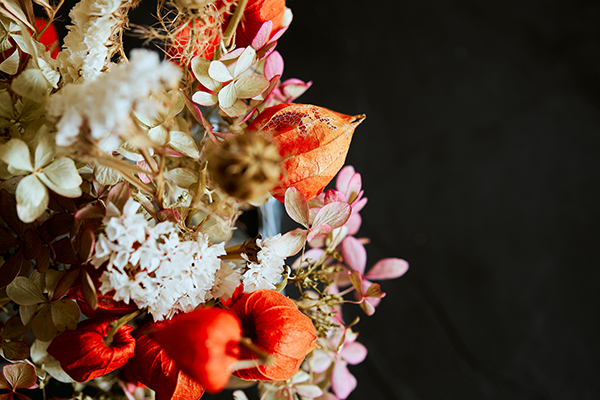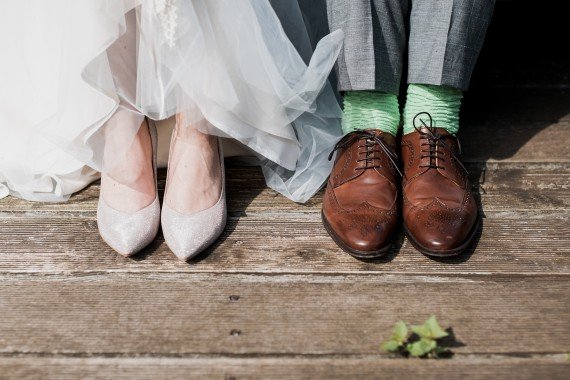Tying the Knot Outdoors: Understanding Outdoor Weddings in the UK
Outdoor weddings have long been a popular choice for couples worldwide, offering a unique opportunity to celebrate love amid nature's beauty. If you're planning a wedding in the UK, you may be wondering if you can legally get married outside. The simple answer is yes, but with some considerations and conditions.
For many years, wedding laws in England and Wales have been quite restrictive, stipulating that couples could only legally marry in a fixed, permanent structure with a solid roof. This meant that while you could have a wedding celebration outdoors, the official legal ceremony often needed to be performed indoors. Fortunately, these rules have been reconsidered in recent years, opening the door for more flexible wedding planning.
In July 2021, the UK government announced an overhaul of England and Wales' outdated wedding laws, allowing for legally-binding open-air weddings for the first time. This was due to the World still trying deal with the effects of the COVID-19 pandemic and to stop the spread of the illness. Whilst this relaxing of the rules was due to end in April 2022, following a public consultation the rules have been made permanent.
This update in the law now means that any venue which is already licensed to conduct civil ceremonies inside can now hold legally binding ceremonies outside within their grounds too. They no longer need a separate license for their outside space.
Before this, many couples opted for a workaround, conducting the legal ceremony in an approved indoor location like a registrar office before having a symbolic ceremony or celebration outdoors. Others chose venues that offered garden pavilions, gazebos, or other structures approved for conducting marriage ceremonies. With the rules being reconsidered, the legal landscape is changing, making it easier for couples to tie the knot in a setting that truly suits them.
However, bear in mind that although these changes are significant, there are still specific guidelines to follow. Couples will need to ensure their chosen outdoor location is suitable for a wedding ceremony, taking into account privacy, safety, and practical concerns like weather contingency plans. The celebrant must also be authorised to perform marriages in England and Wales, either as a religious minister, a registrar, or an independent celebrant.
You still can't just choose to get married in a field or your parent's garden, although the rules may evolve to allow that in time. At the moment it's still only in the grounds of licensed venues.
It's important to note that in Scotland, the laws have been more flexible for a longer time. The law allows for weddings to be conducted in a wide variety of locations, provided they are officiated by a registrar or an approved celebrant. As a result, outdoor weddings have been a popular choice for many couples in Scotland.
Whether you dream of a beach wedding with the waves as your backdrop, a tranquil forest ceremony surrounded by towering trees, or a majestic mountaintop moment, the UK's evolving wedding laws are making these dreams increasingly possible. With careful planning, you can ensure that your outdoor wedding is not only beautiful and memorable but also fully legal and binding.
As always, it's crucial to conduct your research, keep up with the latest legal changes, and consult with professional wedding planners or registrars to ensure that all legal requirements are met for your big day. Despite the legal complexities, an outdoor wedding can provide a magical, memorable experience, celebrating your love amid the beauty of nature.
More from our blog
More Wedding planning view all
23rd September 2024
Versatile events at The Grand Pier, Weston-super-Mare
Last week I was invited to a rather special event on the Grand Pier, Weston-super-Mare.
19th August 2024
Why Weddings Planned in Advance Cost More
If you plan your wedding well in advance, it'll end up costing you more than if you do more in the immediate run up.
1st January 2024
You're Getting Married This Year!: A Guide to Navigating Your Wedding Journey
As you stand on the cusp of your wedding day, here's a guide to relish the excitement and navigate the final stages.
 By Lisa Freeman
By Lisa Freeman













